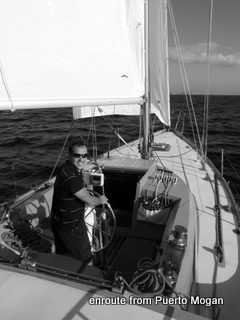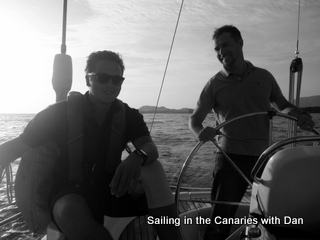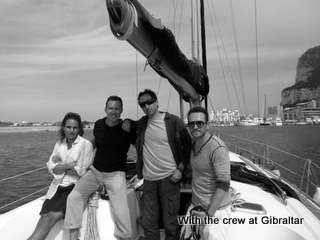Use this handy checklist to be dependable in heavy weather sailing:
- Plot position at first sign of worsening visibility
- Maintain plot e.g. with GPS
- Hoist radar reflector if not permanently rigged
- Put on life-jackets and safety harnesses
- Take seasickness tablets if required
- Secure loose gear on deck and below
- decrease the area of the mainsail using reefs. (I usually take in one more than immediately required or simply drop the mainsail, and use the Genoa to get ahead)
- Prepare simple food in accessible locker (it’s tough getting at the food and a boiling kettle in a storm)
- Pre-plan navigation and escape routes


